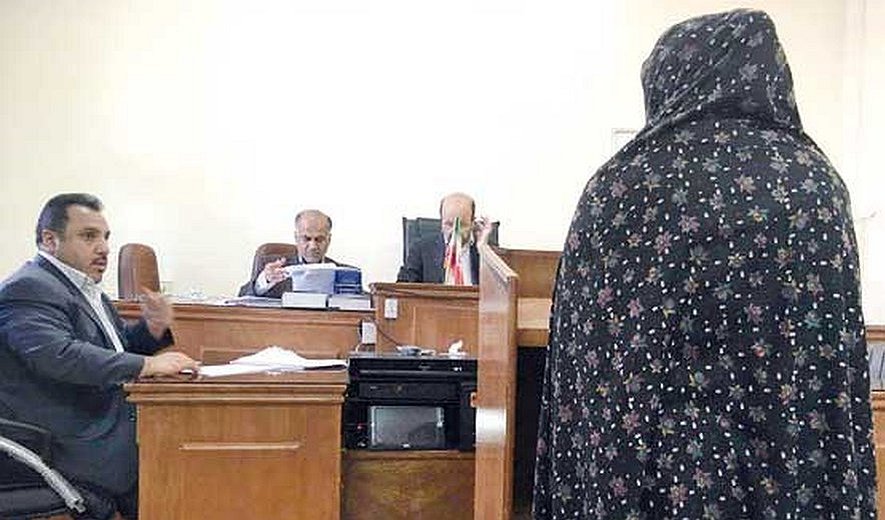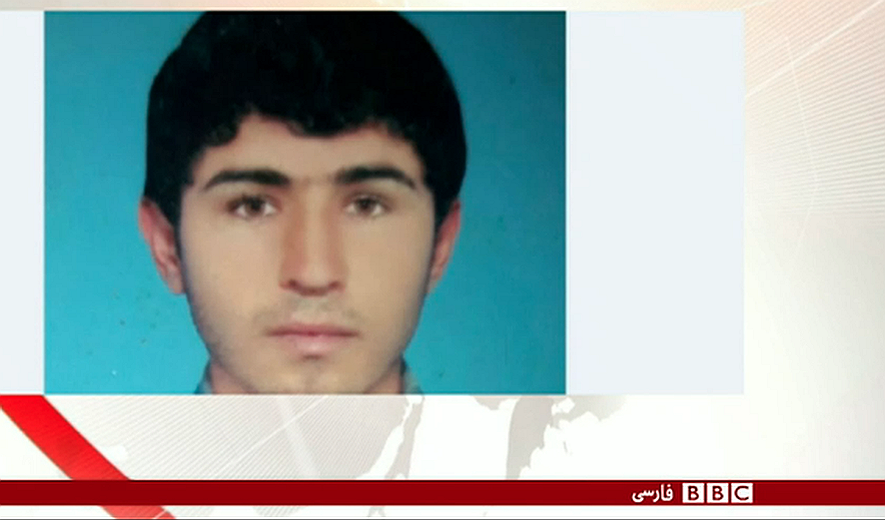Iran Executions: Prisoner Might Be Sentenced to Death Based on Qassameh

Iran Human Rights (May 30, 2018): A woman who is suspected of murdering her husband might be sentenced to death based on Qassameh because there is no concrete evidence proving her guilt. Qassameh is one of the most vulnerable ways to prove a crime (murder or physical injuries) in the Islamic jurisprudence (fiqh) and criminal law.
According to the Iranian national broadcasting website Jamejamonline, a woman who was arrested on the charge of murdering her husband on March 22, 2015, might be sentenced to death based on Qassameh.
The defendant, identified as Tahereh, 34, stated, “When my husband and I got into a fight he stabbed himself in the chest and killed himself.” However, the forensic report rejected the possibility of suicide and specified that the victim was stabbed to death by another person.
Tahereh was sentenced to Qisas (retaliation in kind) at the request of the victim’s mother but the Supreme Court rejected the verdict. Consequently, the judges decided that Qassameh should be used in this case.
As a result, the next of kin is required to bring 50 of her male relatives to the court to swear an oath that the defendant is guilty, otherwise, the defendant should swear an oath and plead not guilty 50 times in order for her charges to be dropped. Of note, none of the 50 people are direct witnesses of the crime.
It should be noted that a prisoner named Mojtaba Ghiasvand was executed at Rajai Shahr Prison based on Qassameh on October 30, 2017.
Qassameh is one of the weakest ways to prove a crime (murder or physical injuries) in the Islamic jurisprudence (fiqh) and criminal law. It is performed when the judge decides that there is not enough evidence of guilt to prove the crime but the judge still thinks that the defender is most probably guilty and it is based on swearing an oath by 50 people in murder and 25 people in unintended manslaughter. It must be noted that the people who swear in Qassameh are not usually direct witnesses to the crime.
More on Qassameh:


